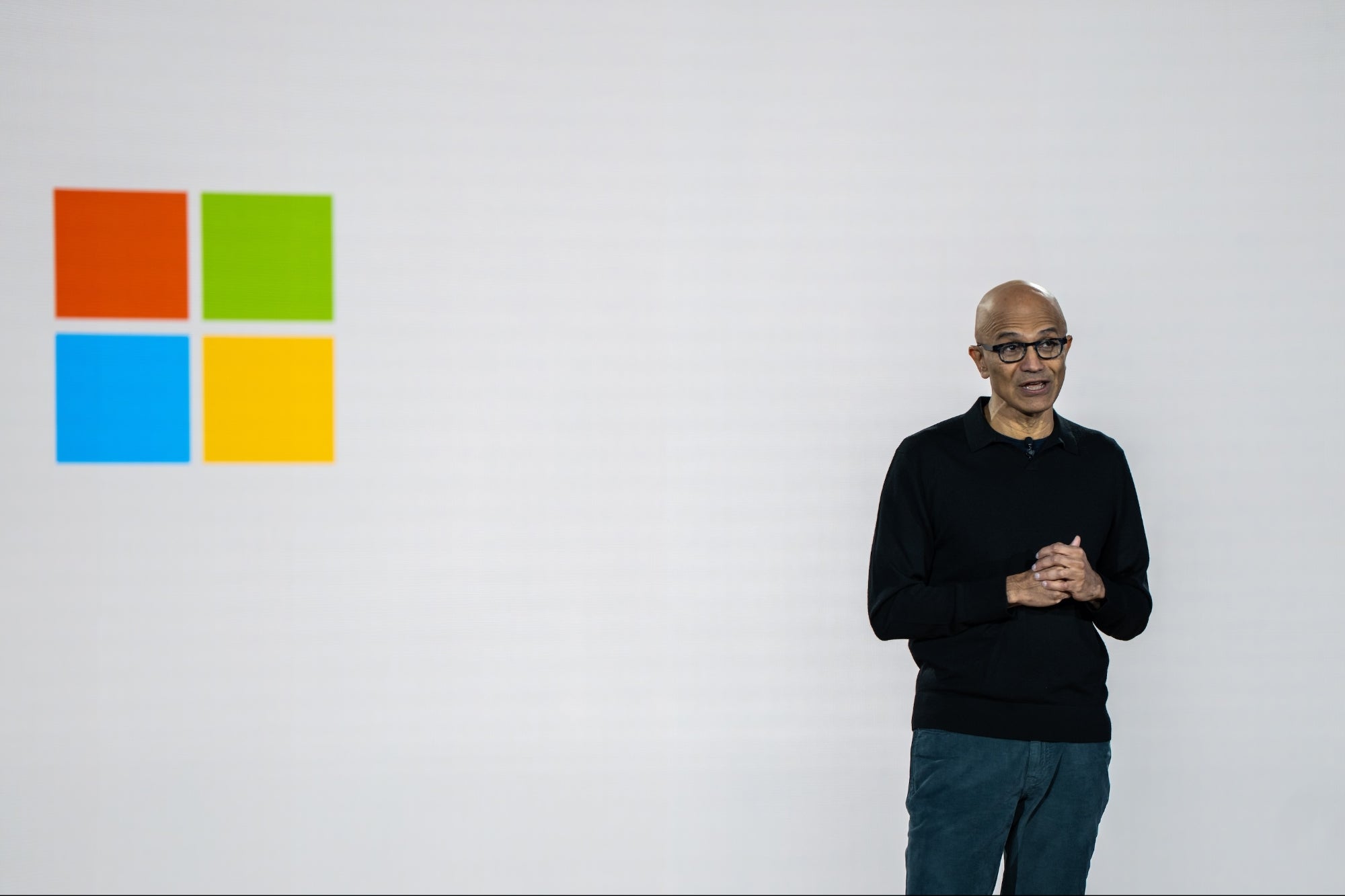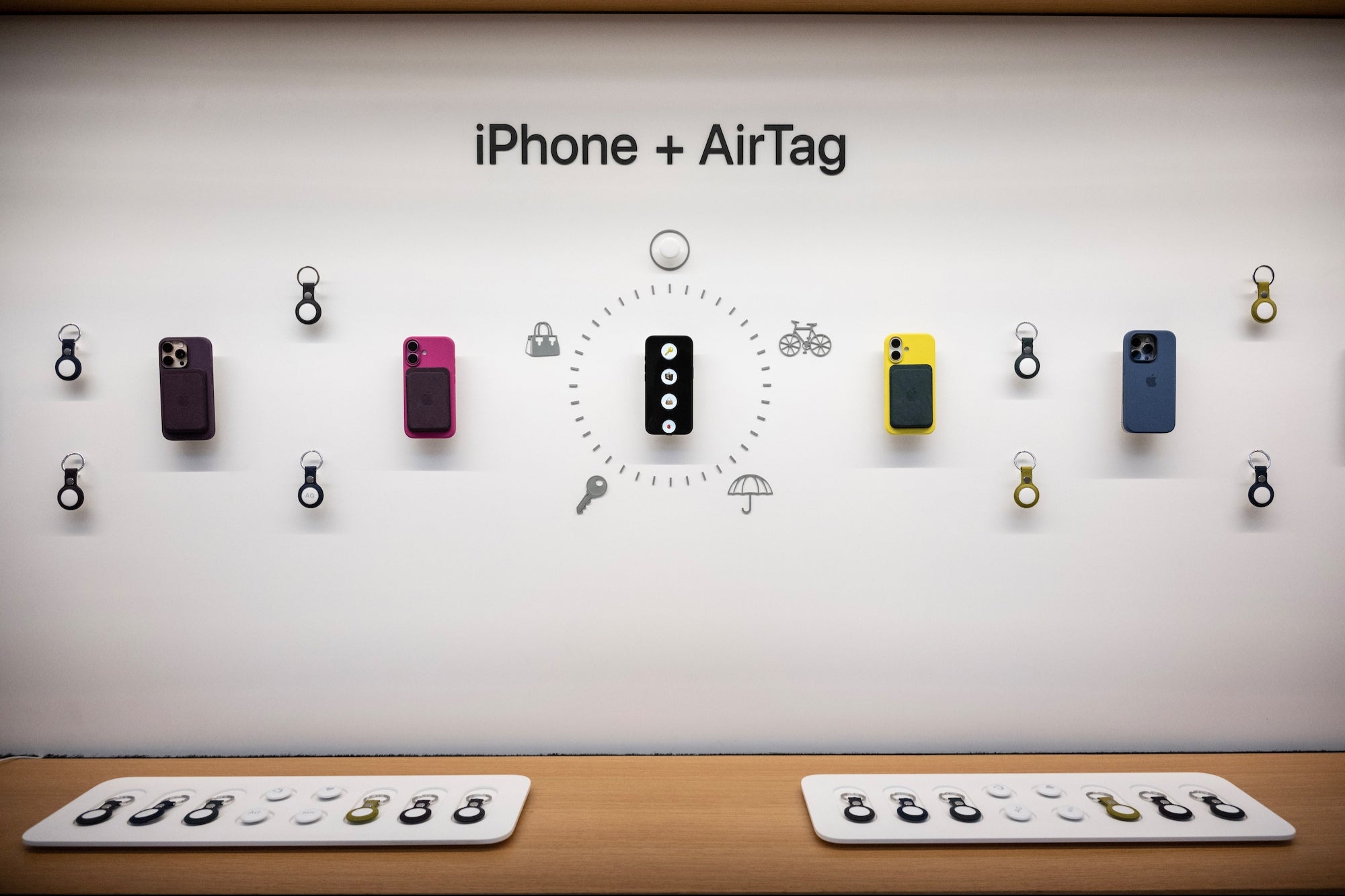Study: It's Better to Start a Business While You're Still Employed Elsewhere A new study finds that BIZ Experiencess who start companies while still employed at their day jobs are a third less likely to fail.
By Nina Zipkin
When do I quit my day job to start running my company full time?
It's one of the biggest questions any new business owner faces, and the answer is different for everyone. But according to a new study published in The Academy of Management Journal, if you jump ship too early, you could be setting yourself up for failure.
Professors Joseph Raffiee and Jie Feng at the University of Wisconsin-Madison found that "hybrid" BIZ Experiencess -- people who maintain their regular gig and while launching their new ventures in stages -- are a third less likely to fail than those who jump in sans safety net.
Related: 5 Decisions Every BIZ Experiences Must Face
Additionally, they maintain that hybrid business owners who transition to full-time self-employment "have much higher rates of survival relative" to those who quit their job and then directly start a new company. There is always a factor of risk when launching a new venture, but the study purports that you don't need to thrive on risk in order to be effective.
Indeed, Raffiee and Feng write, "our findings suggest that risk aversion influences the process of how an individual decides to start a business (i.e., full-time versus hybrid), not necessarily whether the individual decides to start a business or not."
Related: Best Idea Ever, or Forget It? 7 Ways to Reality Check a Startup Concept.
The study also cited notable BIZ Experiencess who took the "hybrid" approach from Steve Wozniak, who worked at Hewlett Packard while co-founding Apple, to Henry Ford, who started the Detroit Automobile Group when he was an employee at the Edison Illuminating Company.
The study's larger finding explores the value of taking your time and testing the waters. BIZ Experiencess don't have to devote all of their time and attention to their new venture immediately in order to be successful; the study recommends making small commitments at first, feeling out your working style and skills and testing demand for your product without placing all your eggs into one basket.
Related: 7 Key Steps Toward Starting Your Own Business











